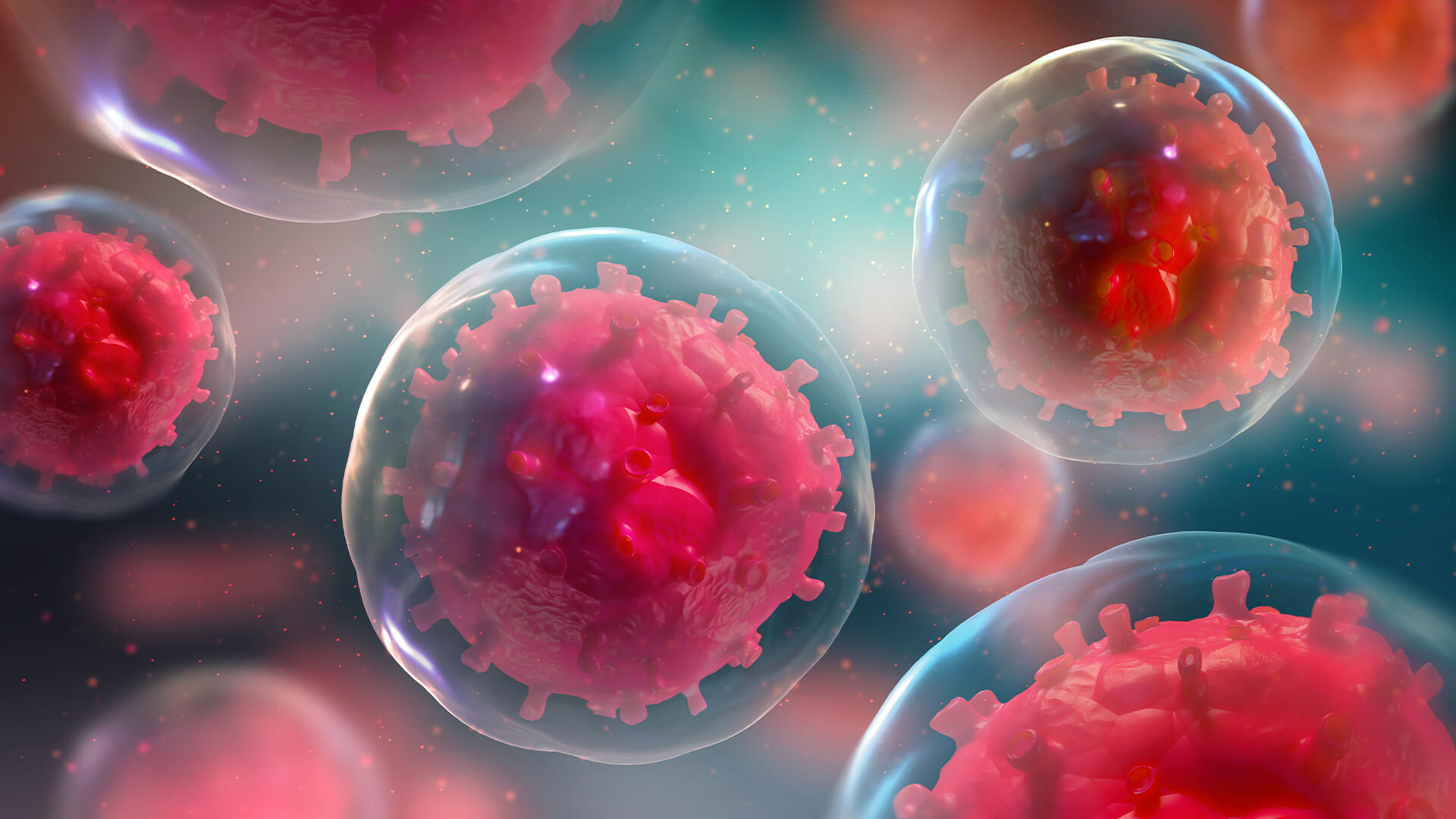
Cells are the building blocks of every part of the body. From organs to tissues, muscles, and skin, cells make it! Cells are made up of tinier molecules that regulate cell replication and production. Obviously, as the base of our bodies, it’s important to keep our cells healthy. So how do you take care of your cellular health?
What Is Cellular Heath?
You may be wondering, “what is cellular health?” When we use the term “cellular health,” we mean the practice of keeping cells in tip-top shape to ensure your overall health. It’s a way to look at your body’s wellness on a micro-level. While we generally determine health in terms of organ and tissue function, it’s important to consider our cellular health, too – heck, cells make up our organs and tissues! For them to be healthy, we need to make sure our cells are healthy. When we’re young, our cells typically replicate without issue, but our cells tend to break down as we get older. When cells break down, mutations can occur during the replication process, and the more mutations that accumulate, the less healthy our cells are overall. This is why keeping your cellular health in mind is so important!
How Cellular Health Affects Your Metabolism
Our cells regulate our metabolism, the process through which our bodies transform the food we eat into energy. And we need energy for…um, pretty much everything! We need power for breathing, sleeping, and even more eating to make more energy! When our cellular health declines, our metabolism tends to slow down, making it harder for our bodies to convert food into energy. The side effects of a slow metabolism can include weight gain, physical and mental fatigue, and dry, cracked skin. Maintaining good cellular health can support your metabolism and help to ensure that cells respond to nutrients appropriately and convert them into the energy you need.
How Cellular Health Affects Your Immune System
Your immune system is a complex network of cells and proteins that work together to keep your body protected against infection. When immune system cells break down, our bodies become more susceptible to illness. In addition, our immune system cells naturally decrease in stability as we age, making the probability of infection more common, and the need to keep working cells healthy is even more critical. By working to maintain your cellular health, you’re also protecting your immune system from being depressed, so it can keep fighting off bacteria and pathogens that might try to get in the way of a happy, healthy you!
How Cellular Health Affects Your Liver Function
The liver is an organ essential to our overall health and wellness. Everything our body intakes, whether food, water, alcohol, or medicine, is digested and absorbed into the blood. The liver filters out toxins from the blood to keep the nutrients that do enter the bloodstream healthy. When liver cells deteriorate, so does our liver function. This means that unwanted toxins can make their way into the bloodstream and make us feel unwell. The liver also plays a vital role in converting blood sugar to energy. As such, liver cells are essential to keep healthy, so our livers continue working correctly and keep our bloodstream free of toxins.
How Cellular Health Affects Your Bloodstream
Red blood cells are one of the most important cells, as they act to carry oxygen throughout the body. You’ve got your red blood cells to thank for every breath you take! Red blood cells also help move carbon dioxide to the lungs to be expelled. When the number of red blood cells in the body decreases, it can lead to conditions like anemia. Anemia can cause symptoms such as fatigue, pale skin, low body temperature, and heart palpitations, among others. To avoid conditions like anemia, it’s imperative to keep up red blood cell health.
How You Can Affect Your Cellular Health
It’s on us to consider our cellular health as we grow and age and do what we can to ensure our cells stay in good shape. Our cellular health significantly impacts many parts of the body, including our metabolism, immune system, liver function, and bloodstream. When cellular health declines, so do our overall wellness. We can take our cellular health into our hands by maintaining a healthy diet, exercising, and incorporating nutritional supplements known as fatty acids to aid in protecting our cells. There’s no time too soon to start considering your cellular health! How will you take care of your cells today?



















